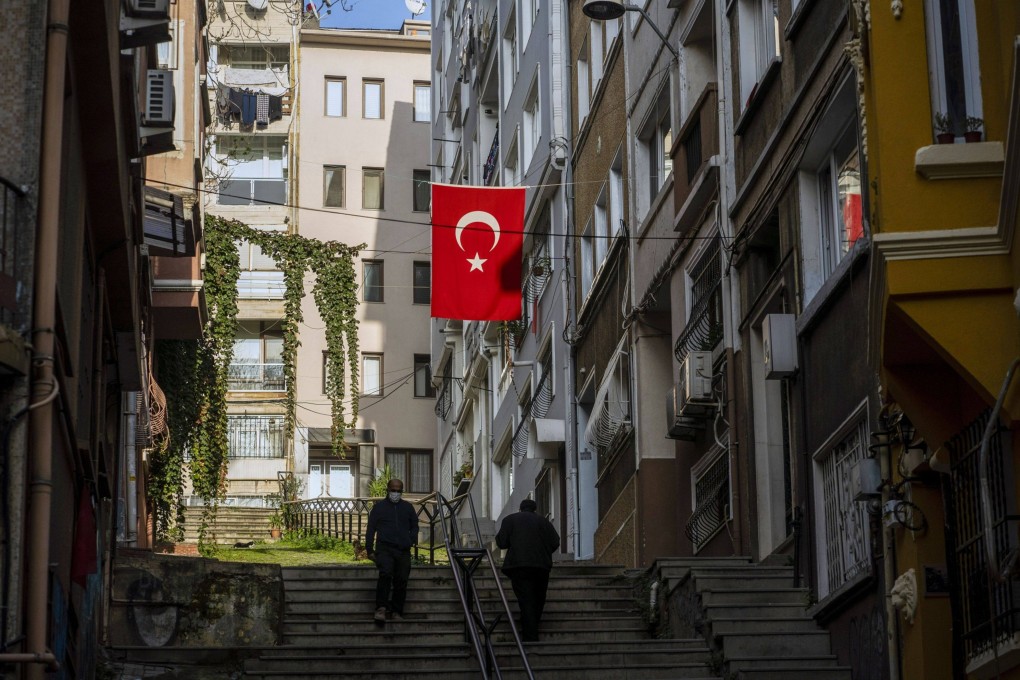Hong Kong in bottom quadrant once again as home prices rose to about two-decade high globally in 2021, Knight Frank says
- Property prices across 150 cities tracked by Knight Frank index rose on average by 11 per cent last year
- Hong Kong ranked 123rd, same spot it held in 2020, with a growth rate of 3.6 per cent

Property prices across 150 cities tracked by its global residential index rose on average by 11 per cent last year, with 140 of these urban centres recording increments, up from 122 in 2020. Home prices in Hong Kong languished in the bottom quadrant of the index, ranking 123rd with a growth rate of 3.6 per cent. The city held the same spot in 2020, when its home prices declined by 0.1 per cent.
With monetary authorities across the world winding down loose policies to temper rising consumer prices as job markets recovered, the trend of surging home prices was unlikely to be sustained, said Martin Wong, director of research and consultancy for Greater China at Knight Frank.
“The current high growth rates for housing prices are not expected to be sustained in the long term due to rising interest rates and increasing base prices. Some cities also face an inflation problem and thus the real housing price growth is not as high as it appears based on nominal values. That said, housing price growth will stay in positive territory for the foreseeable future,” he said.